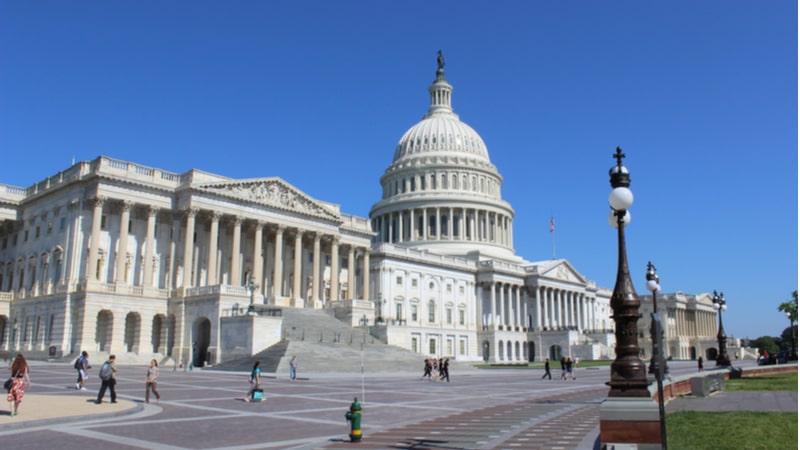
Congressional Democrats are moving forward this week with the budget reconciliation process that aims to create the legislative language for President Biden’s $1.9 trillion coronavirus relief plan.
After budget measures were passed with approved amendments by the House and Senate on Feb. 5, relevant committees in the House are drafting legislative language for the relief bill, with an eye to bringing the legislation to a vote within the next two weeks.
Tech-Related Amendments
On the evening of Feb. 4, the Senate took the budget resolution legislation through the amendment process, when anyone could propose an amendment to the budget resolution before its approval. 45 amendments were voted on in total, with 20 of those passing.
One that passed with IT implications was an amendment proposed by Sen. Rob Portman, R-Ohio, that would require the Biden Administration to stand up a website to keep the public informed about the amount spent of available COVID-19 relief funds.
The amended version of the bill made it out of the Senate by a 51-50 vote, with Vice President Kamala Harris voting in the affirmative to break the tie. The House then approved that amended version, sending relevant committees off to work on the exact language of the reconciled budget.
Federal IT Funding Prospects
While MeriTalk has learned the proposed $9 billion funding bump for the Technology Modernization Fund (TMF) program has been axed, the status of an additional $1.2 billion of Fed IT funding still hangs in the balance. Included in that number is:
- $690 million for the Cybersecurity and Infrastructure Agency (CISA) to secure civilian Federal networks and “support the piloting of new shared security and cloud computing services”;
- $300 million of “no-year” funding for the Technology and Transformation Services (TTS) unit within the General Services Administration (GSA) to “drive secure IT projects forward without the need of reimbursement from agencies”; and
- $200 million for the IT Oversight and Reform (ITOR) Fund targeted at the Federal CISO and the U.S. Digital Service to allow for the “rapid hiring” of hundreds of IT experts.
The House committees face a Feb. 16 deadline to bring finalized legislative language to the House and Senate budget committees. Before that happens though, the committees will have to vote to mark up and report the language they have written to the necessary budget committee. While there is technically no legislative mechanism keeping them to that Feb. 16 deadline – according to the Congressional Research Service – it is expected that congressional Democrats, who are in charge of both chambers, will want to stick closely to that timetable.
Once legislative committees report all necessary language to the budget committees, the budget committees will prepare the actual omnibus legislation to be voted on by the House and Senate. Any differences between the passed legislation in the separate chambers will then have to be reconciled and approved before the bill is presented to President Biden.
